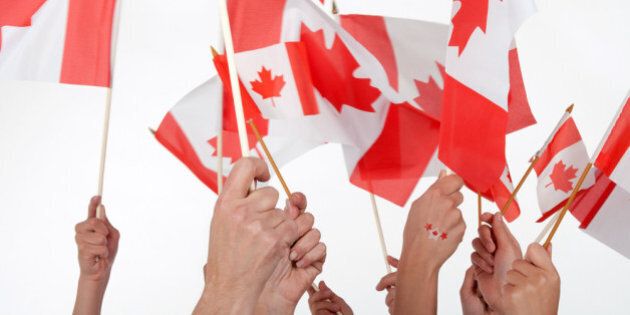A major conference known as the Summit for a New Global Financing Pact took place in Paris in June. There were leaders from several nations as well as prominent institutions like the IMF and UN. They discussed ways to combat poverty and address climate change with money. Some believe that international cooperation, as opposed to nation-states acting independently, is the most effective approach to accomplish this.
It’s becoming evident that banks and other large financial institutions are paying far greater attention to global warming and carbon prices in recent years. To them, this is more essential than worrying about collapse or stagflation in the economy. This shift raises questions about whether they always intended to incorporate climate change into their grand schemes, such as the “Great Reset.
Global leaders are now discussing in public how climate change fits into their budgets. They claim it’s a component of significant changes to the global financial system. Some fear that banks will gain more control and manipulate the entire financial system by using the fear of climate change. The French president discussed the necessity of changing the way we pay for initiatives to combat global warming during a summit in Paris. He added that we must provide greater equity for less developed nations. He believes that the existing approach to solving the world’s problems is insufficient.
The event’s presenters discussed the various challenges the world has recently encountered, including conflicts and pandemics. However, the main focus was on how severe weather events, exacerbated by climate change, are disrupting global financial systems.
There are others who argue that there is no logic in linking economic issues to climate change. But it aligns with the statements made by prominent world leaders. That being said, there isn’t any solid evidence that climate disasters are getting worse as a result of factors like carbon emissions. Therefore, it is untrue to assert that humans are the cause of the global climate problem. Many individuals remain fearful of a climate catastrophe despite the lack of conclusive evidence. How can people take advantage of this fear is the key question.
 Concerned about climate change, Barbados’ prime minister, Mia Mottley, like many other prominent international figures, wants to alter the way the World Bank and IMF operate. She believes that these institutions require a significant makeover in order to address climate change; simply repairing them won’t cut it.
Concerned about climate change, Barbados’ prime minister, Mia Mottley, like many other prominent international figures, wants to alter the way the World Bank and IMF operate. She believes that these institutions require a significant makeover in order to address climate change; simply repairing them won’t cut it.
According to UN Secretary-General António Guterres, the post-World War II global monetary system is no longer functional. In his opinion, it is exacerbating inequality. He therefore wants this system to be updated to better suit the needs of the modern world.
According to Guterres, swift action is necessary to improve global justice. He proposes allocating $500 billion annually to environmental and climate change mitigation measures. Additionally, he intends to increase the amount of money available globally by utilizing an IMF special money fund.
It’s critical to understand that factors like COVID-19, the conflict in Ukraine, or climate change are not the source of the current economic issues. These are the result of choices made by major banks and world leaders, such as manipulating interest rates and printing excessive amounts of money. As a result of these efforts, inflation has skyrocketed and the economy is struggling. These kinds of moves typically result in large debt loads and stock market disasters. Thus, it might not be the best idea to hold the same people responsible for solving the issue.
The folks who created our issues are now attempting to seize the initiative and implement a significant reform known as the “Reset plan.” But what is their true objective?
In order to combat climate change, the UN wants wealthier nations like the US and China to pay a hefty tax of almost $2.4 trillion annually. Poorer countries would receive this money. They also seek to impose high taxes on commodities like oil. President Macron of France is in favor of imposing a tax on carbon emissions from ships, which would increase the cost of transportation and decrease consumer demand. All of this is part of a larger scheme to create a new international economic system, headed by institutions such as the World Bank and the IMF.
These leaders may be able to get away with making significant adjustments if we are to trust the alarming stories about climate change. However, their true goal appears to be power and money control rather than environmental preservation.
Regular people may have less freedom and prosperity as a result of their acts, while they may gain more power. We must stand up for our freedom and rights and be conscious of the reality. We must resist the elites’ attempts to subjugate us all because our future is at risk.







